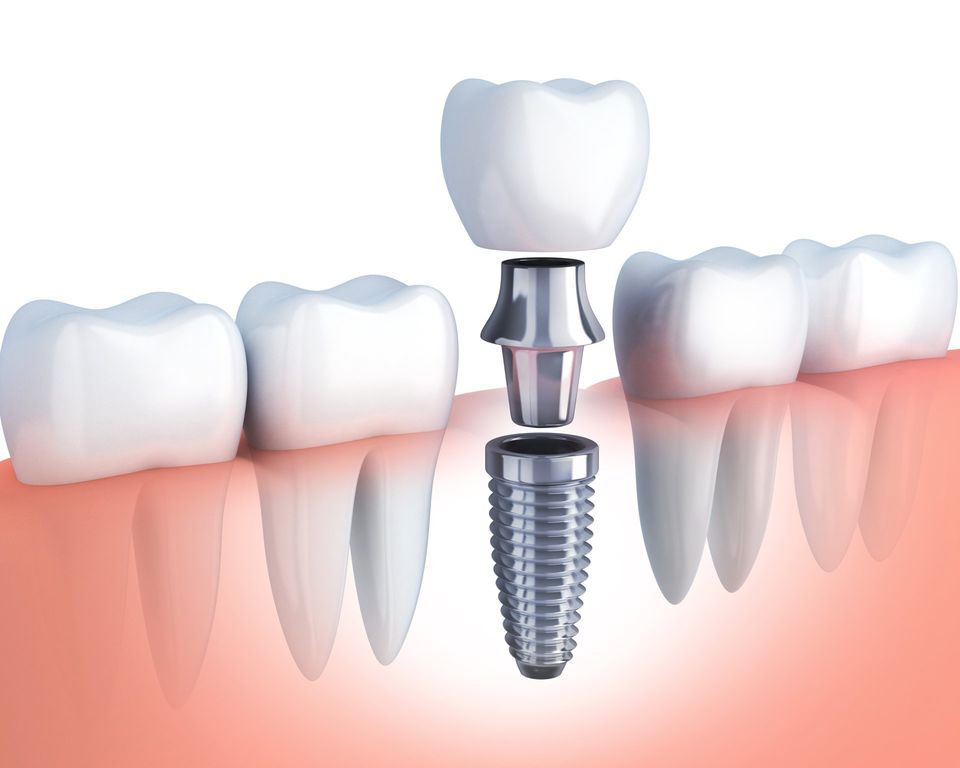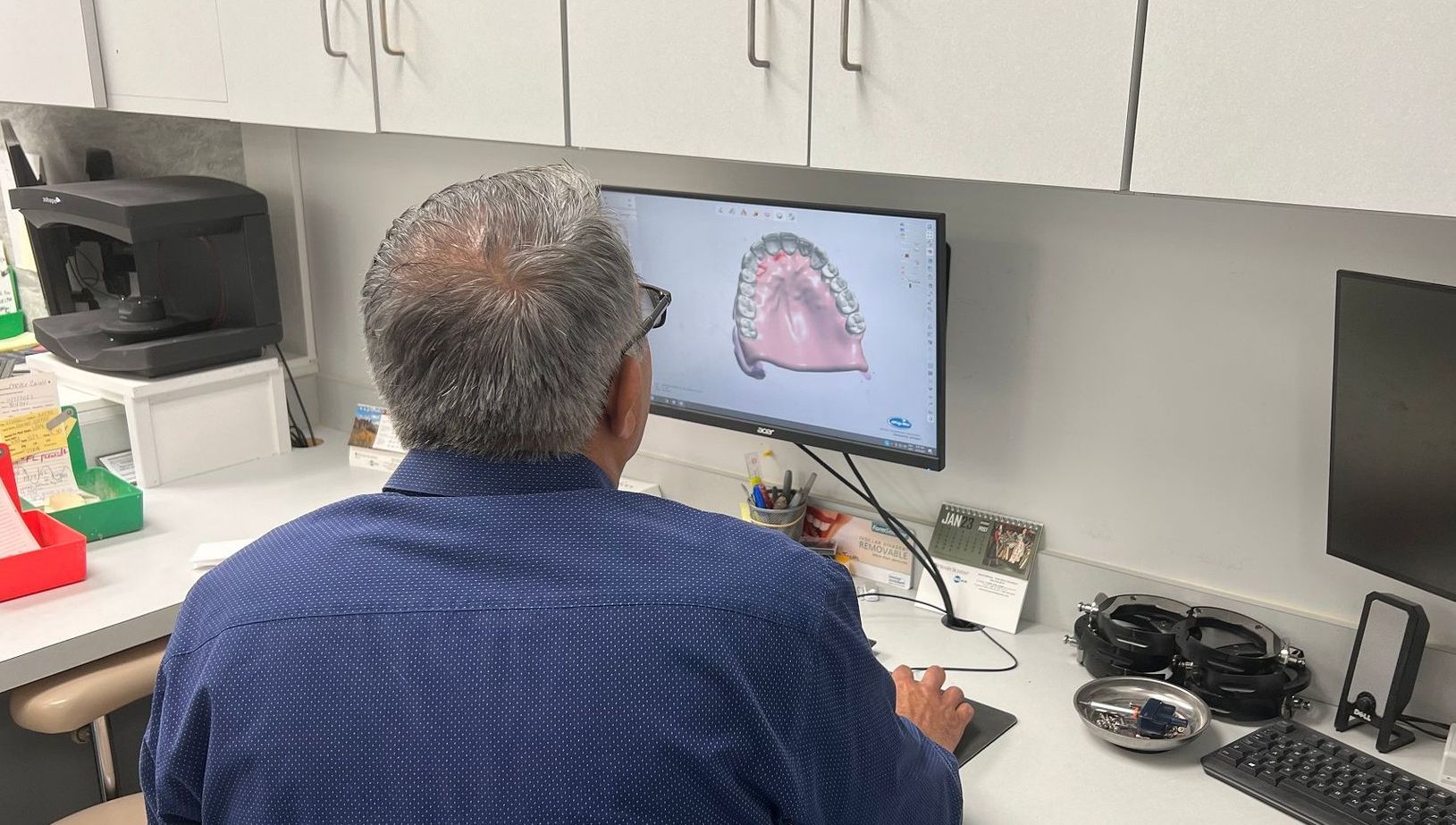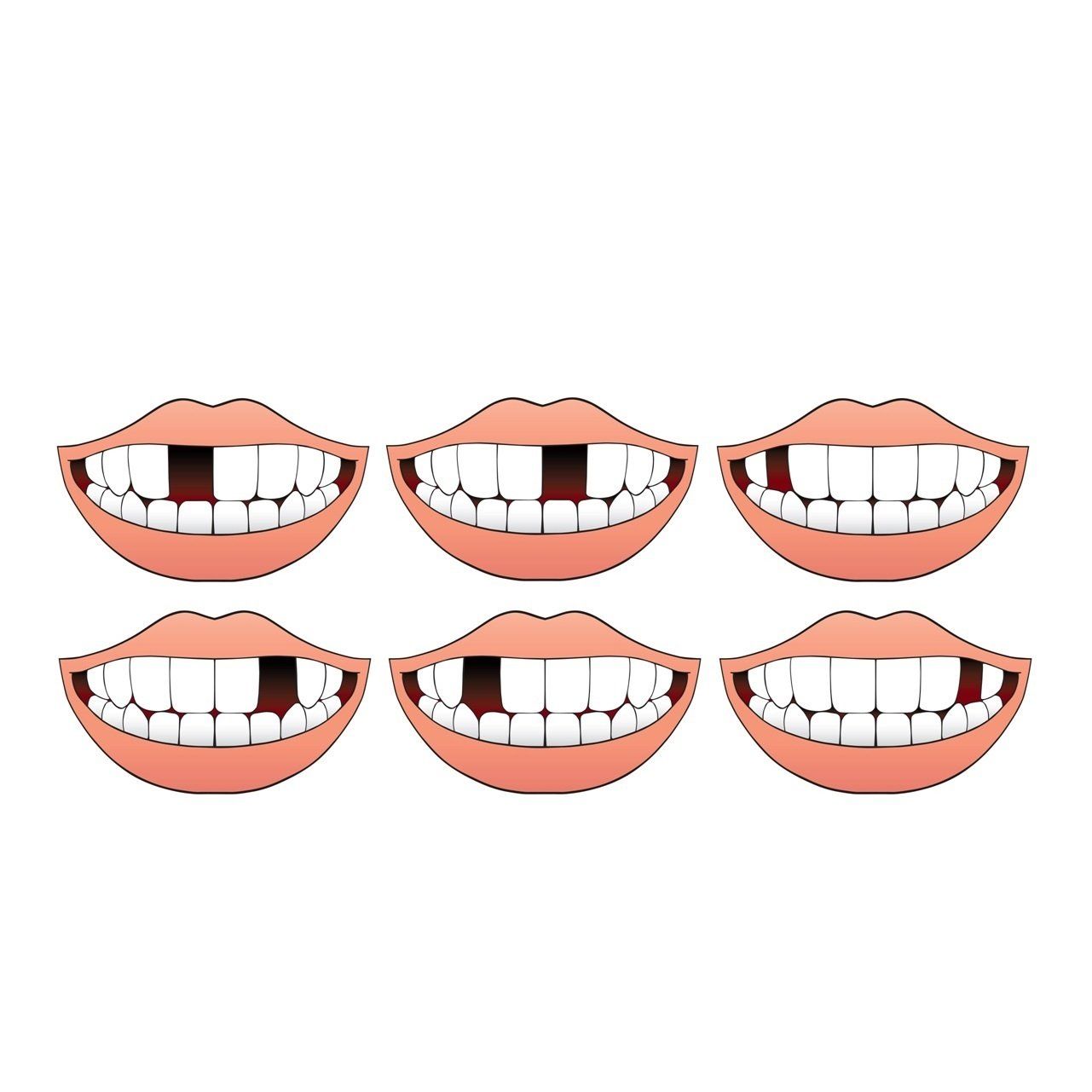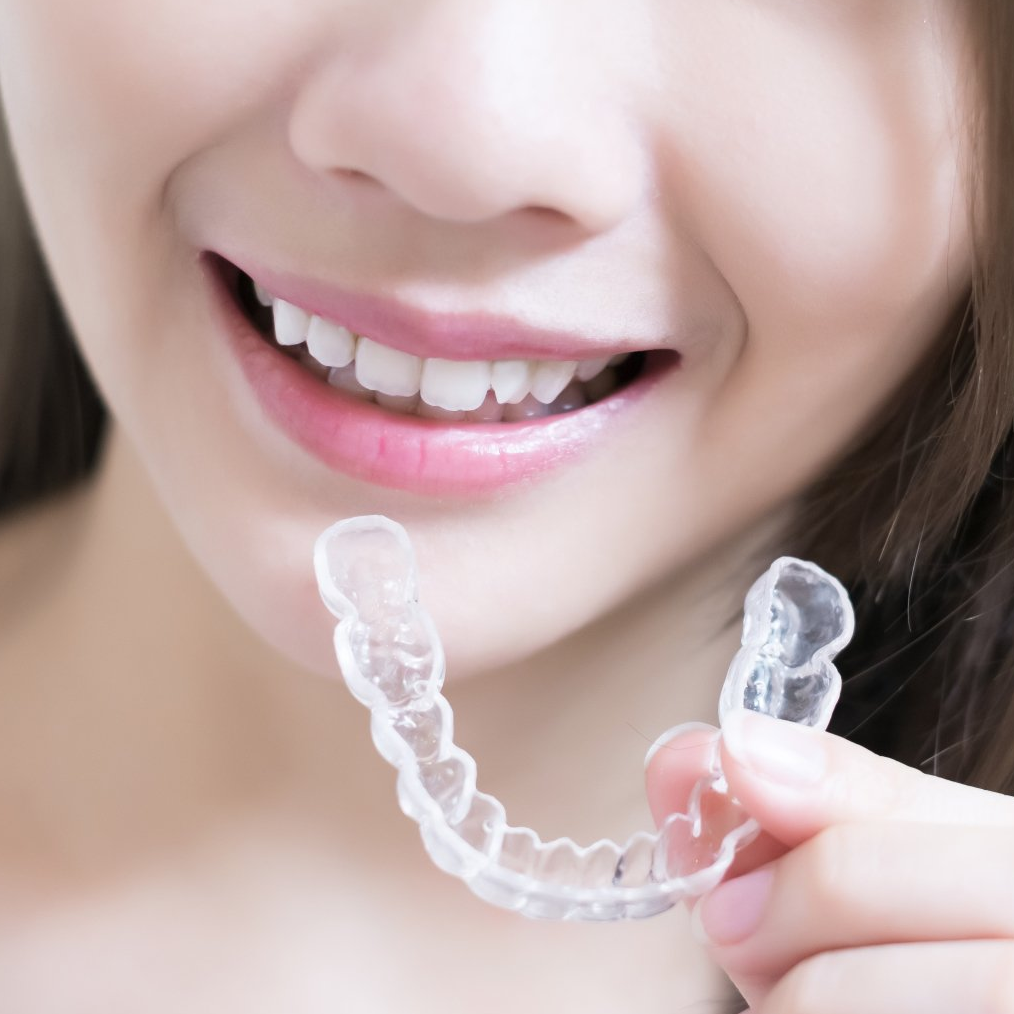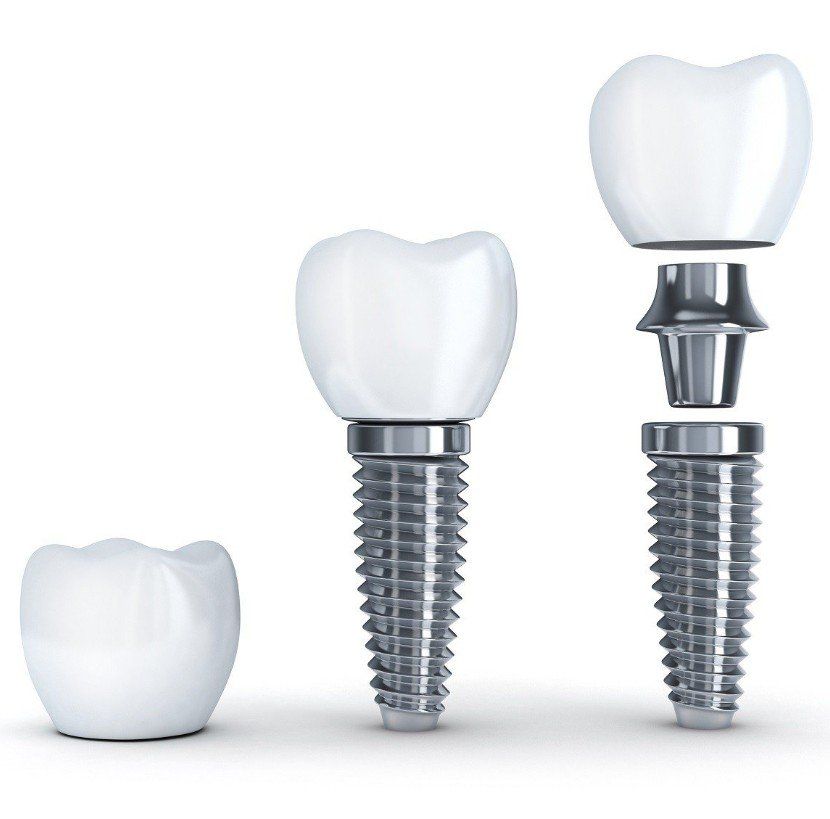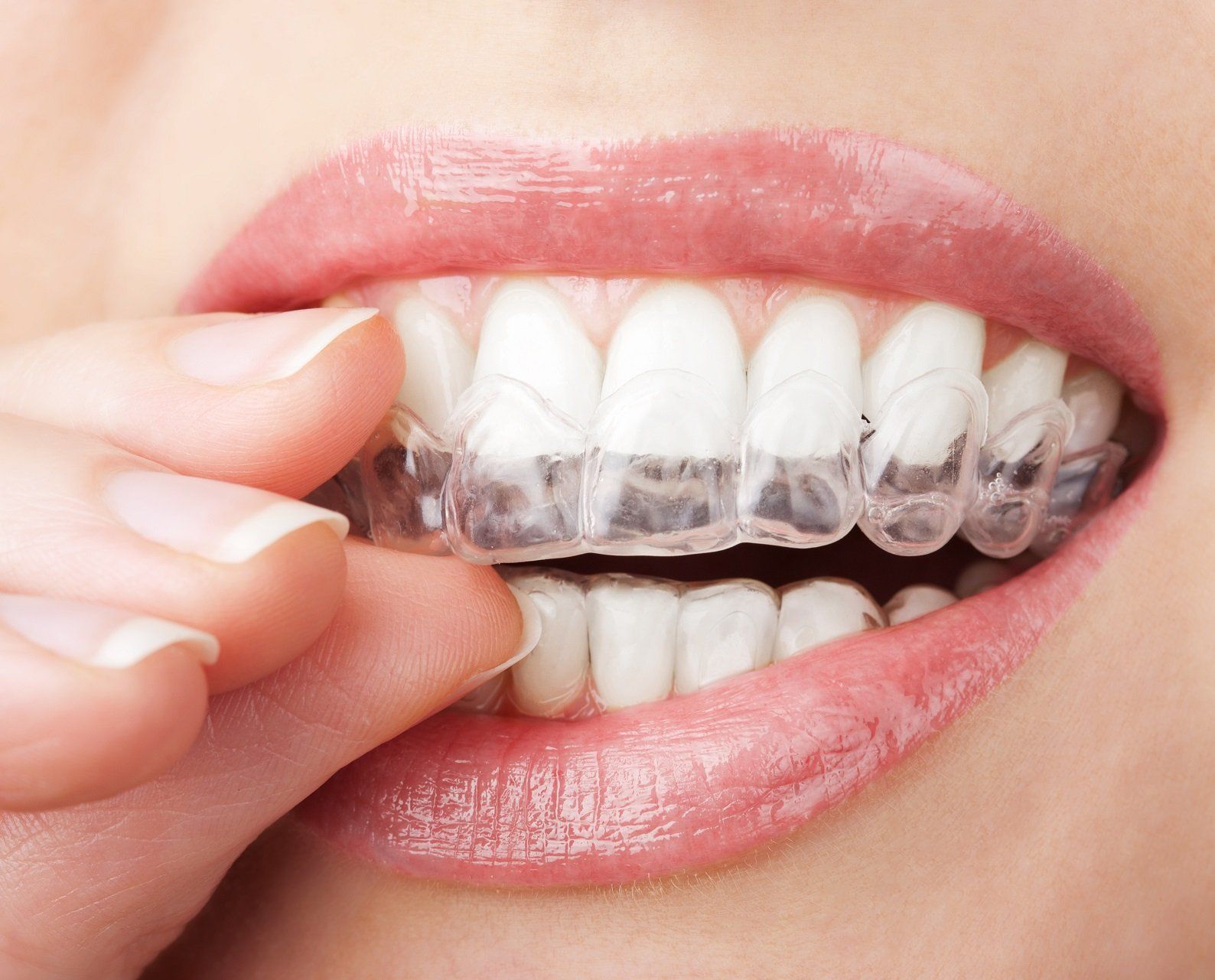Comparing Mini Dental Implants vs. Traditional Dental Implants
When it comes to replacing a missing tooth or several missing teeth, there is a growing list of options. These include different types of dentures, bridges, and dental implants. Of all the options, dental implants offer the best performance because of their overall strength and stability along with benefits to overall oral health.
A dental implant is a titanium post inserted into the jawbone beneath the gum line. Implants act like the roots of teeth and allow a single artificial tooth or a group of artificial teeth to be mounted to them. A dental implant is a solid anchor for any type of replacement tooth and is not likely to come loose, slip, or shift. There are currently two main types of dental implants – traditional implants and mini implants. A comparison of these two options are described in this article.
History of Performance
Traditional dental implants have been in use for more than 50 years and have been researched extensively over those five decades. Traditional dental implants have proved to be a safe and effective with a mountain of evidence to support this statement. When searching for the most durable and most secure tooth replacement option, a traditional dental implant is by far the best choice. Mini implants are a relatively new product and procedure. They have not been as thoroughly tested and researched as traditional dentures.
Mini dental implants were initially developed as a temporary tooth replacement solution but have evolved to become a permanent option. Mini implants offer people an alternative who either don’t want a traditional dental implant or who are not a good candidate to receive a traditional implant for several reasons. For example, some people lack the bone mass in their jaw to hold a traditional implant.
Long Term Durability
Traditional implants last much longer and are far more stable than mini implants. Testing shows that mini implants have a significantly lower bite force tolerance than traditional implants, making them more likely to bend or break. Statistics tell the story when it comes to durability. The failure rate for a traditional implant is between 1% - 2%. The failure rate of a mini implant is currently between 10% - 30%.
If you are someone who tends to grind your teeth, mini implants are probably not the right solution for you. Traditional implants are a much better choice because of their greater strength and stability.
Size and Strength
As the name suggests, mini implants are significantly smaller than traditional implants. The diameter of a traditional dental implant is between 4 mm – 6mm, whereas the diameter of a mini implant is between 1.8 mm – 2.9 mm. The smaller the diameter of an implant, the higher the risk for failure. The larger the diameter, the lower the risk of failure over the long term.
What’s the Best Option for You?
The answer to this question depends on a lot of different variables that are unique to each person. The best way to decide is to make an appointment with a dentist who has extensive experience and formal training with dental implants. An initial exam by a qualified dentist and a one-on-one discussion will help you make the right choice.
If you are interested in replacing one or more missing teeth, we offer a long history with dental implants and invite you to contact us to schedule an appointment and learn more. Please call our office at 330-733-7911 or request an appointment at any time by visiting this link on our website: Schedule Appointment


